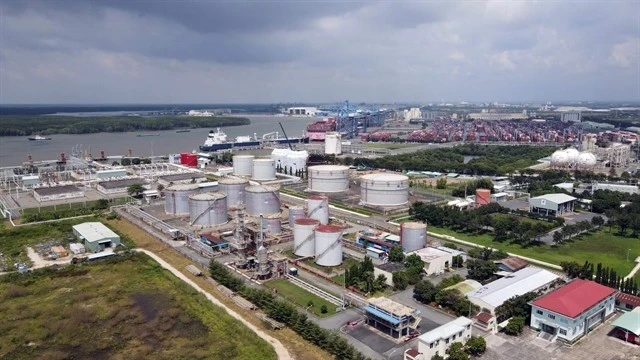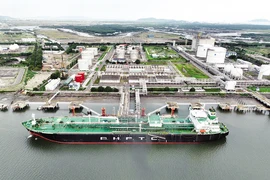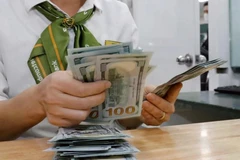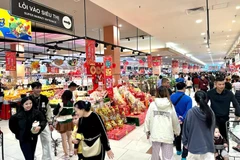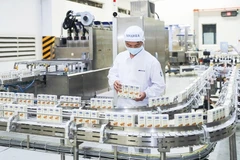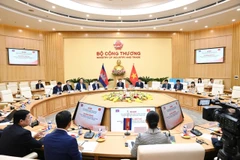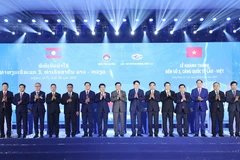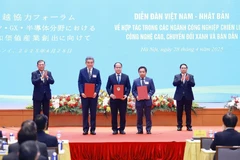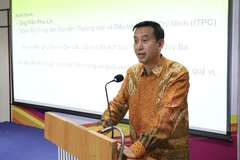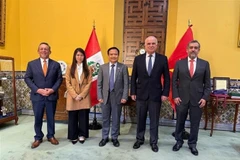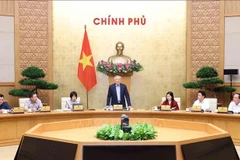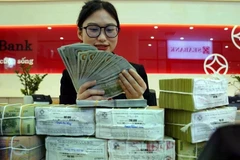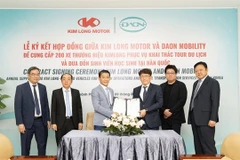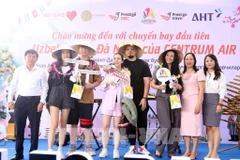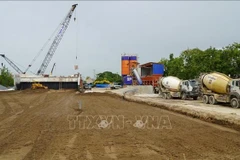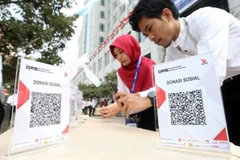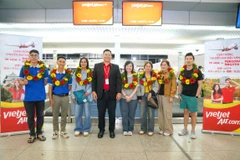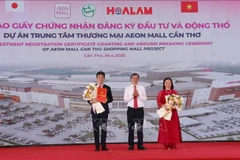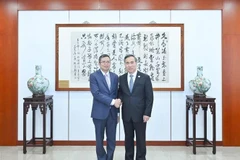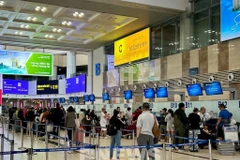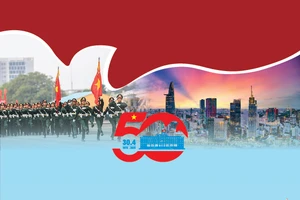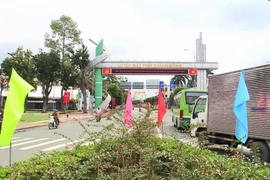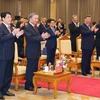Hanoi (VNS/VNA) - The recent Government cut to preferential import tariff on liquefied natural gas (LNG) from 5% to 2% encourages the shift from fossil fuels to cleaner, more sustainable energy sources, according to industry experts and insiders.
But they said regulatory reforms must go hand-in-hand.
Dr Nguyen Quoc Thap, Chairman of the Vietnam Petroleum Association, said the tariff reduction was a strong signal to investors across the LNG value chain, from importers such as PV GAS to LNG-fired power plant developers like PV Power.
He said that the new policy would support a more balanced approach between the State, businesses, and electricity consumers, which could ultimately result in a more reasonable pricing framework.
The incentive arrives at a critical time. Under the National Power Development Plan VIII, Vietnam aims to develop 23 gas-fired power projects by 2030, including 13 using imported LNG with a total expected capacity of 22,400 MW. These projects are vital to supporting national energy security and meeting the country’s Net Zero commitment by 2050.
So far, only one imported LNG project, the Nhon Trach 3 plant developed by PV Power, has connected to the national grid. The plant reached a 50 MW capacity milestone in February and is expected to enter full commercial operation in July. Its companion, Nhon Trach 4, is also nearing completion, with the two projects now 96% complete.
To secure a long-term LNG supply, PV GAS and PV Power recently signed a 25-year contract for Nhon Trach 3 and 4. PV GAS is the only long-term LNG supplier in Vietnam, investing in terminal infrastructure to offset rapidly declining domestic gas output. The tariff cut, the firm said, would help ensure affordable supply for both power generation and industrial use.
Experts stress that a comprehensive, synchronised policy framework is needed to cover all LNG activities, from investment and infrastructure to pricing and regulation. PV GAS highlighted the lack of a volume offtake mechanism, unclear LNG-to-electricity pricing rules, and regulatory gaps that complicate project financing and commercial negotiations.
They said foreign lenders remained hesitant to support LNG projects due to their novelty in Vietnam. For financing to be viable, three key conditions must be met: minimum output guarantees (typically 70–80%), the ability to pass global LNG prices through to electricity tariffs, and access to clean land with grid connections managed by EVN.
Without power purchase agreements (PPAs) that guarantee electricity offtake, projects struggled to secure funding. Petrovietnam has warned that if LNG power is forced to compete on the open market without long-term contracts, investors will be hard to attract, especially since long-term LNG is significantly cheaper than short-term supply./.
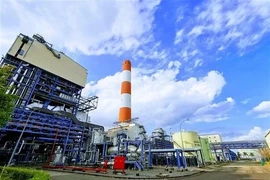
LNG power projects face multiple hurdles
LNG power projects in Vietnam are currently grappling with many obstacles, ranging from bureaucratic delays to issues with power purchase agreements (PPAs), leading to significant project implementation slowdowns.
